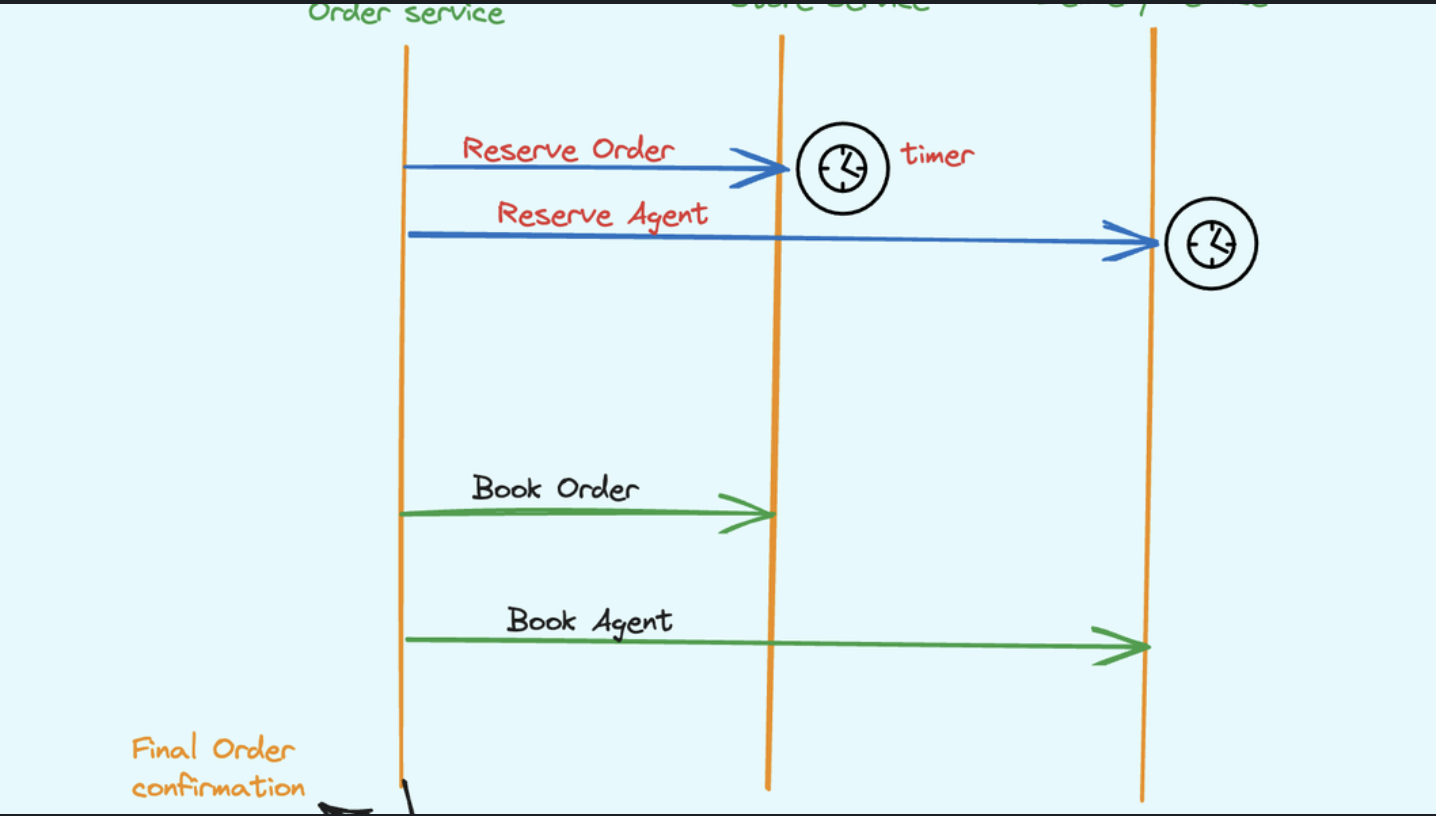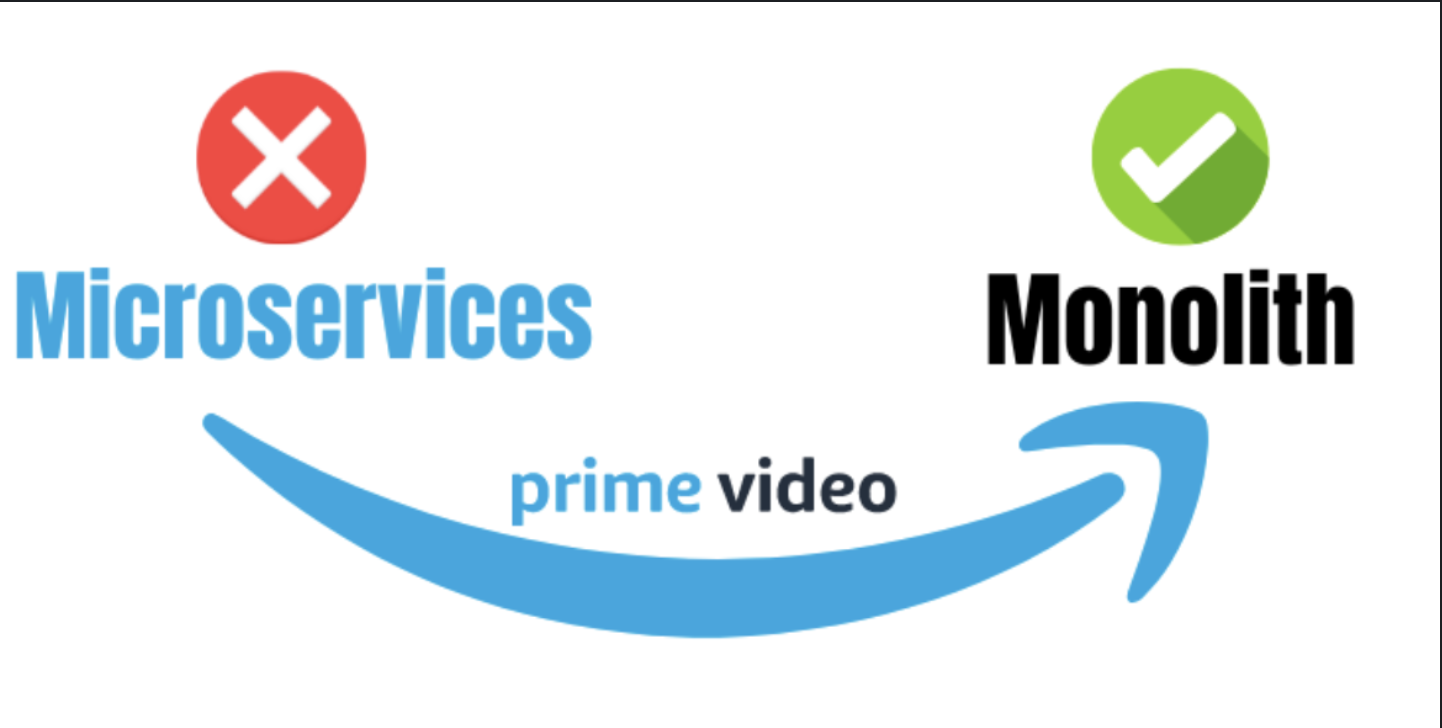In the realm of data access, developers often find themselves in a duel: Dapper the swift micro-ORM versus the feature-rich Entity Framework (EF). Both cater to interacting with databases in .NET applications, but their approaches differ greatly. This article dives into their strengths and weaknesses to help you determine the champion for your project.
The Lightweight Contender: Dapper
Dapper is a micro-ORM, meaning it provides a thin layer on top of ADO.NET. It excels in these areas:
-
Performance: Dapper boasts raw speed due to its reliance on writing efficient SQL queries. You have complete control over the queries, allowing for fine-tuning.
-
Simplicity: Learning Dapper is a breeze, especially for developers comfortable with SQL. Its focus is on mapping database results to objects, keeping things straightforward.
-
Flexibility: Dapper grants complete control over SQL statements, enabling complex queries and working seamlessly with stored procedures.
However, Dapper comes with trade-offs:
-
Less Abstraction: Dapper offers minimal database abstraction, requiring you to write more SQL code and handle potential issues like SQL injection on your own.
-
No Change Tracking: Dapper doesn’t track changes made to objects, so you’ll need to handle updates and deletes manually.
-
Limited Features: Compared to EF, Dapper offers fewer built-in features like automatic migrations and LINQ support for querying.
The Feature-Packed Champion: Entity Framework
Entity Framework (EF), particularly EF Core, is a full-fledged ORM offering a high level of abstraction:
-
Productivity: EF priorities developer experience. It automates many tasks like query building and change tracking, boosting productivity.
-
LINQ Integration: EF seamlessly integrates with LINQ, allowing you to construct data access logic using familiar syntax.
-
Rich Features: EF provides a robust set of features including automatic migrations, lazy loading, and caching mechanisms.
While powerful, EF has its shortcomings:
-
Performance: EF’s abstraction layer can introduce some overhead, making it generally slower than Dapper.
-
Complexity: With more features comes complexity. Learning and mastering EF can take longer compared to Dapper.
-
Less Control Over SQL: EF focuses on a higher-level approach, potentially limiting control over raw SQL queries.
So, Who Wins? The victor depends on your project’s priorities. If raw speed and granular control are paramount, Dapper stands out. However, for projects emphasising developer productivity, robust features, and a higher level of database abstraction, EF reigns supreme.
Choosing Your Weapon
- Dapper shines for: Performance-critical applications, simple data access needs, and projects with developers comfortable with writing SQL.
- EF reigns supreme for: Complex data models, applications requiring frequent database changes, and teams favouring a high-level abstraction approach.
Remember, the best ORM is the one that best suits your project’s requirements. Consider the trade-offs between performance and productivity to make an informed decision. 💡



